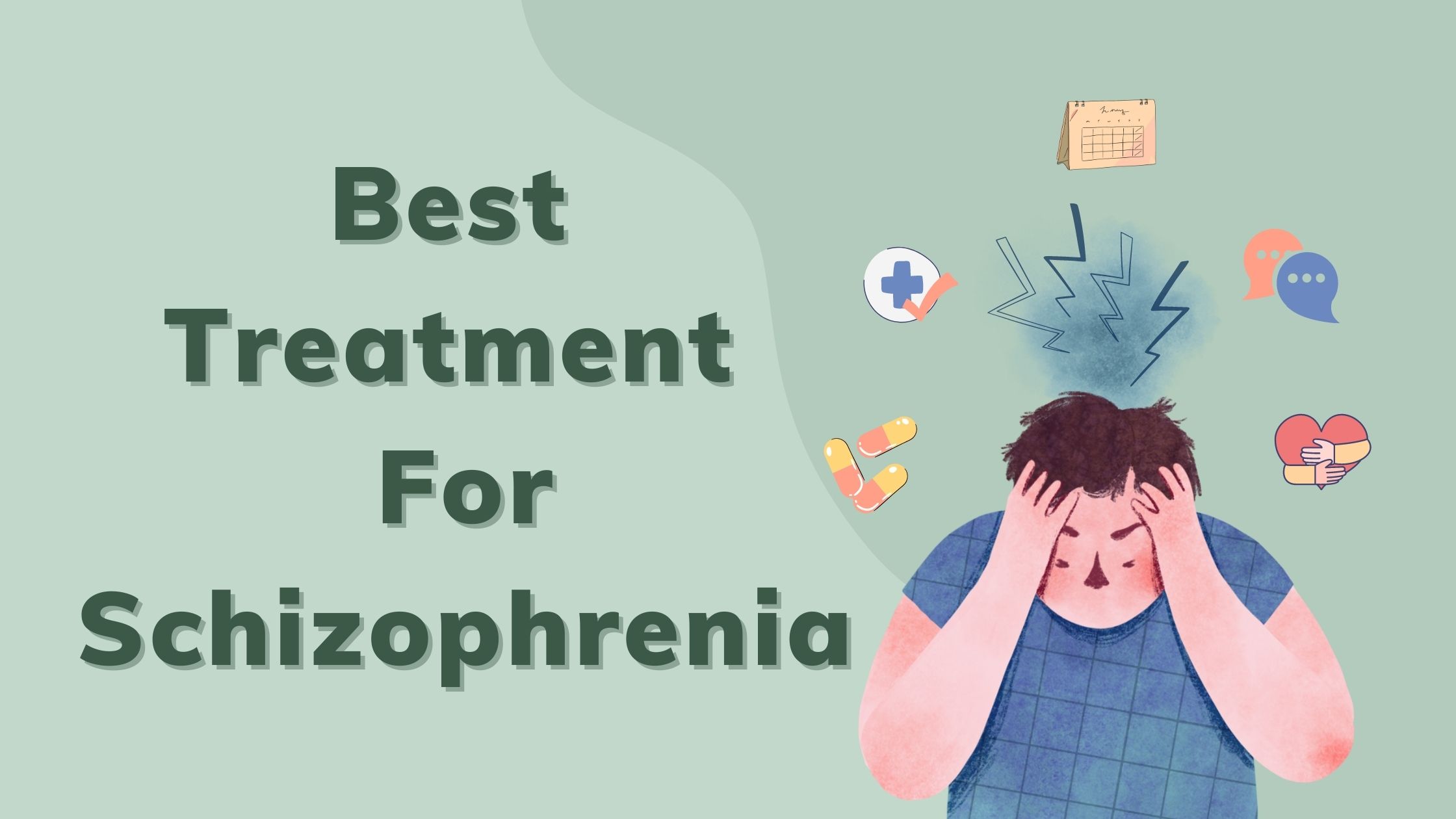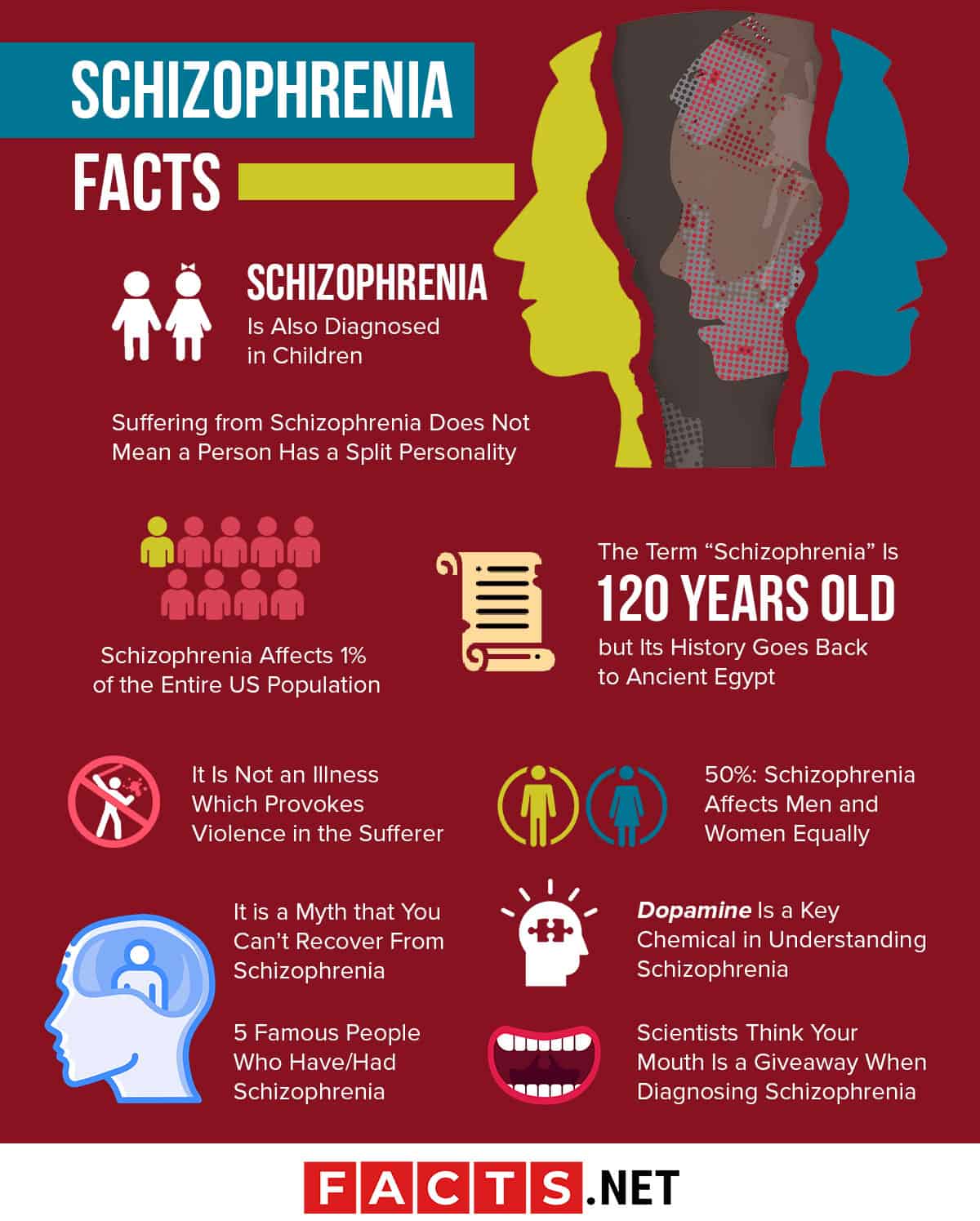Understanding Schizophrenia: Symptoms, Diagnosis, And Treatment Options
What is Schizophrenia?
Schizophrenia is a severe mental disorder characterized by hallucinations, delusions, disorganized speech, and impaired social functioning. It affects approximately 1% of the population worldwide and can have a significant impact on individuals' lives, as well as their families and communities.

SOLUTION: Preeclampsia eclampsia causes symptoms diagnosis treatment - Source www.studypool.com
Symptoms of Schizophrenia
The symptoms of schizophrenia can vary greatly from person to person and may include:
- Hallucinations: Seeing, hearing, or feeling things that are not real.
- Delusions: Firmly held beliefs that are not based in reality.
- Disorganized speech: Difficulty speaking clearly or coherently.
- Impaired social functioning: Difficulty interacting with others and forming relationships.
- Negative symptoms: Absence of normal emotions or behaviors, such as flat affect or lack of motivation.
Diagnosis of Schizophrenia
Schizophrenia is diagnosed based on a combination of factors, including a psychiatric evaluation, medical history, and observation of the individual's behavior.
- Psychiatric evaluation: A mental health professional will conduct a thorough interview to assess the individual's symptoms, thoughts, and feelings.
- Medical history: The doctor will review the individual's medical history for any potential physical or neurological conditions that could be contributing to their symptoms.
- Observation of behavior: The mental health professional will observe the individual's behavior during the interview and may also ask the individual to complete certain tasks.
Treatment Options for Schizophrenia
There is no cure for schizophrenia, but treatment can help to manage the symptoms and improve quality of life. Treatment options may include:
- Medication: Antipsychotic medications can help to reduce hallucinations, delusions, and other symptoms of schizophrenia.
- Psychotherapy: Cognitive behavioral therapy (CBT) and other forms of psychotherapy can help individuals to cope with their symptoms, manage their illness, and improve their social functioning.
- Social skills training: This type of training can help individuals to learn how to interact with others in a positive and productive way.
- Supported employment: This type of program can help individuals to find and maintain employment despite their symptoms.
FAQ
This FAQ section provides answers to frequently asked questions regarding schizophrenia, its symptoms, diagnosis, and available treatment options.

Understanding Cataracts: Causes, Symptoms, Diagnosis, and Treatment Options - Source www.scabpharmacy.com
Question 1: What are the common symptoms of schizophrenia?
Schizophrenia manifests through a range of symptoms, primarily categorized into positive and negative symptoms. Positive symptoms include hallucinations, delusions, and disorganized speech or behavior. Negative symptoms involve a decrease or absence of typical functions, such as diminished emotional expression, reduced motivation, and social withdrawal.
Question 2: How is schizophrenia diagnosed?
A diagnosis of schizophrenia requires a comprehensive evaluation by a qualified mental health professional. Typically, the diagnostic process involves a clinical interview to assess symptoms, a review of the individual's history, and potentially additional assessments such as psychological testing or brain imaging.
Question 3: What are the available treatment options for schizophrenia?
The primary treatment for schizophrenia involves medication, specifically antipsychotics, which help manage symptoms by regulating dopamine activity in the brain. Other treatment approaches include psychotherapy, such as cognitive behavioral therapy, which aims to improve coping mechanisms, social skills, and overall functioning. In severe cases,住院治疗 may be necessary to provide a safe and structured environment for symptom management and recovery.
Question 4: Is schizophrenia curable?
While there is currently no cure for schizophrenia, effective treatments can significantly manage symptoms, improve daily functioning, and enhance the quality of life for individuals living with this condition.
Question 5: What causes schizophrenia?
The exact cause of schizophrenia is not fully understood but is believed to result from a combination of genetic and environmental factors. Genetic predisposition and certain environmental stressors, such as trauma or substance abuse, are thought to play a role in its development.
Question 6: How can I support someone with schizophrenia?
Supporting someone with schizophrenia involves understanding the challenges they face and providing a supportive and empathetic environment. Encouraging professional help, promoting medication adherence, and assisting with daily tasks can make a significant difference in their recovery journey. It is also crucial to challenge stigma and misinformation surrounding schizophrenia, fostering understanding and compassion.
Remember, schizophrenia is a complex condition that affects individuals in varying ways. Seeking professional help, accessing appropriate treatment, and providing support can greatly improve outcomes and promote the well-being of those living with this condition.
Tips
Considering Understanding Schizophrenia: Symptoms, Diagnosis, And Treatment Options, there are several significant tips to help manage its complexities:
Tip 1: Seek Professional Help
Seeking professional assistance from a psychiatrist or therapist is crucial. They can provide an accurate diagnosis, prescribe appropriate medications, and offer therapy to manage symptoms and improve overall well-being.
Tip 2: Adhere to Treatment
Medication adherence is essential. Antipsychotic medications can effectively reduce symptoms, prevent relapse, and improve functioning. It's important to follow the prescribed dosage and schedule to maintain stability.
Tip 3: Engage in Therapy
Cognitive-behavioral therapy (CBT) can help address underlying thoughts and behaviors linked to schizophrenia. It aims to challenge distorted beliefs, improve social skills, and promote resilience.
Tip 4: Join Support Groups
Connecting with others who understand the challenges of schizophrenia can provide support, empathy, and a sense of community. Support groups offer a safe space to share experiences, learn coping mechanisms, and reduce stigma.
Tip 5: Promote a Healthy Lifestyle
A healthy lifestyle can support overall well-being, reduce stress, and potentially improve symptoms. This includes maintaining a balanced diet, engaging in regular exercise, getting sufficient sleep, and avoiding substance use.
Tip 6: Educate Yourself
Understanding schizophrenia, its symptoms, and treatment options can empower individuals and caregivers. Seeking information from reputable sources can dispel misconceptions, reduce anxiety, and promote self-advocacy.
These tips highlight essential steps toward managing schizophrenia and improving the quality of life for those affected by this condition.
Understanding Schizophrenia: Symptoms, Diagnosis, And Treatment Options
Schizophrenia is a complex mental disorder characterized by a range of symptoms and treatment options. Understanding its core aspects is crucial for effective management.
- Symptoms: Hallucinations, delusions, disorganized thinking, and flattened affect.
- Diagnosis: Based on clinical evaluation, ruling out other conditions, and meeting specific diagnostic criteria.
- Treatment Options: Medications to manage symptoms, psychotherapy to improve coping mechanisms, social skills training, and support groups.
- Causes: Genetic, environmental, and neurochemical factors interact to increase susceptibility.
- Coping Strategies: Cognitive behavioral therapy, family support, lifestyle management, and adherence to medication plans.
- Prognosis: Varies widely, with early diagnosis and treatment improving outcomes.
These aspects provide a comprehensive framework for understanding schizophrenia. Symptoms represent the outward manifestations of the disorder, while diagnosis establishes its presence. Treatment options aim to mitigate symptoms and enhance functioning. Understanding causes helps identify risk factors and develop preventive strategies. Coping strategies enable individuals to manage their condition and improve their quality of life. Ultimately, understanding these aspects empowers affected individuals and their families to navigate the challenges of schizophrenia.

The Best Treatment Plan for Schizophrenia - Schizo Warriors - Source schizowarriors.com
Understanding Schizophrenia: Symptoms, Diagnosis, And Treatment Options
Schizophrenia is a serious mental illness that affects how a person thinks, feels, and behaves. It is a complex condition with a variety of symptoms, and it can be difficult to diagnose and treat. However, with the right help, people with schizophrenia can live full and productive lives.

Top 10 Schizophrenia Facts - Symptoms, Types, Causes & More- Facts.net - Source facts.net
The symptoms of schizophrenia can vary from person to person, but they often include:
- Hallucinations: Seeing, hearing, or smelling things that are not there.
- Delusions: Having false beliefs that are not based in reality.
- Disorganized speech: Speaking in a way that is difficult to understand.
- Disorganized behavior: Acting in a way that is strange or unpredictable.
- Negative symptoms: A lack of motivation, interest, or pleasure in activities.
Schizophrenia is often diagnosed based on a person's symptoms and a mental health evaluation. There is no single test that can diagnose schizophrenia, but a doctor may order blood tests, imaging tests, or other tests to rule out other medical conditions.
Treatment for schizophrenia typically involves medication and therapy. Medications can help to control the symptoms of schizophrenia, and therapy can help people to learn how to manage their illness and live independently.
Schizophrenia is a serious mental illness, but it is important to remember that it is treatable. With the right help, people with schizophrenia can live full and productive lives.